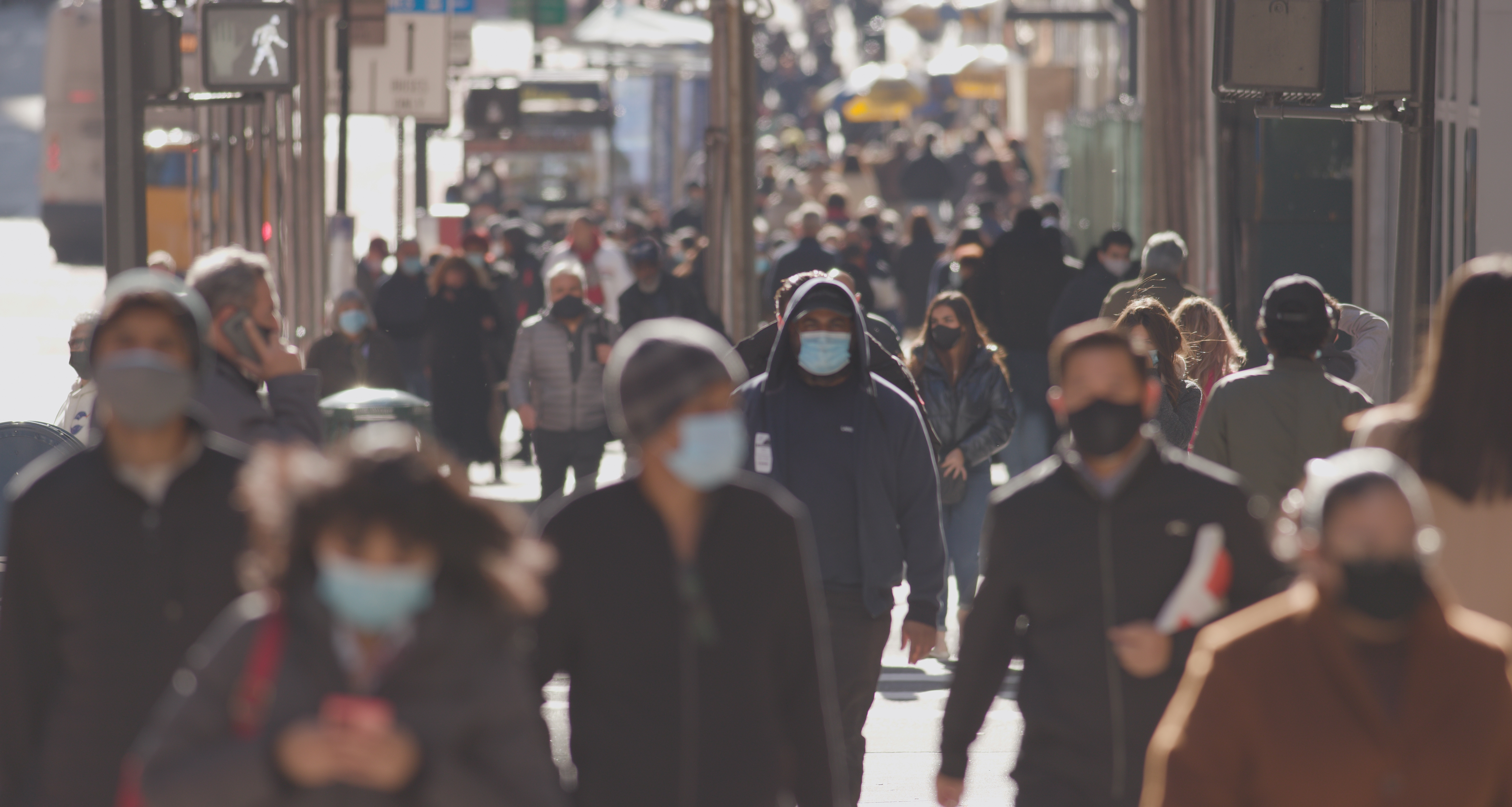News release
From:
A new database of everything we know about COVID-19 shows promise for future pandemics
COVID-19 may seem well and truly in the past, but another deadly pandemic is a question of “when”, not “if”.
To help prevent mass deaths and other harms, like deteriorating mental health and economic downfall, a Swinburne database has combined everything we know about COVID-19 into one comprehensive rundown.
The revolutionary new study published in Nature analysed over 800,000 research articles on Coronaviruses published since 2002 to be used as a valuable resource for scientists, policymakers, and health experts who need to understand the long-term effects of COVID-19, and prepare for future pandemics.
Lead author and head of Swinburne’s Social Data Analytics Lab, Associate Professor Amir Aryani, said the lessons learned and methodology developed are highly applicable to current concerns like the flu season, emerging pathogens, or even other large scale public health challenges.
“While we all want to forget about the devastating impacts of the COVID-19 pandemic, which impacted us all in some way, it’s more important than ever to properly reflect on our learnings which are only now being published in research and academia.
“These learnings need to be implemented for our future selves and generations to come, to protect them from viral diseases such as the flu which is increasingly a threat to us all.”
The team developed the powerful data pipeline that organises this global body of research into key themes, from vaccine innovation to mental health, economic impacts and public health strategy.
Associate Professor Aryani said this framework and tool can be adapted to make sense of overwhelming scientific information during a crisis.
“This means for future pandemics, we can provide policymakers and healthcare leaders with (near) real-time insights to guide resource allocation and policy decisions much more effectively and quickly. Also, I believe this work creates a pathway for better understanding the trends in research.”
But the capability isn't limited to infectious diseases, he notes.
“The data pipeline and analytical approach can be easily replicated for other critical areas like climate change, political issues, or other health conditions. We've built a robust tool for evidence synthesis across a wide range of complex, evolving challenges.”
Associate Professor Aryani hopes the tool can help society move to a more proactive and evidence-based response to any significant public health threat.
“COVID-19 impacted us all, and it’s crucial that next time we do better. This technology can enable us to be more proactive and protect our society through rapid responses by the research community.”
Associate Professor Amir Aryani is available for interview



 Australia; VIC; TAS; ACT
Australia; VIC; TAS; ACT


